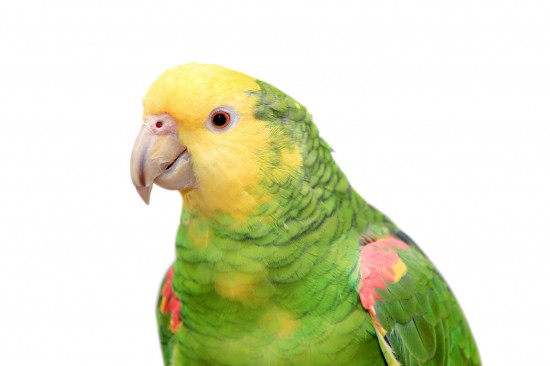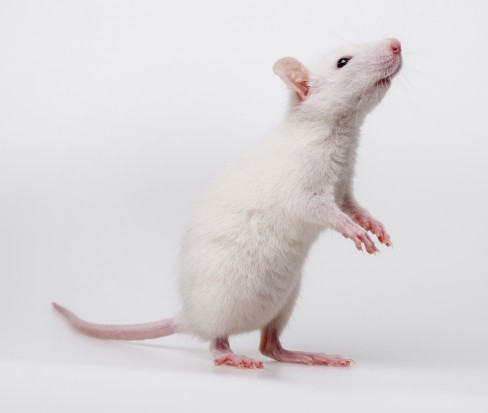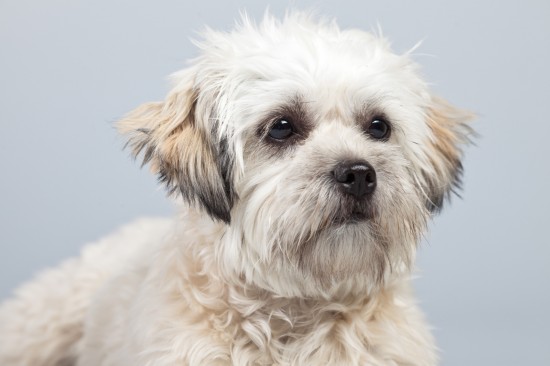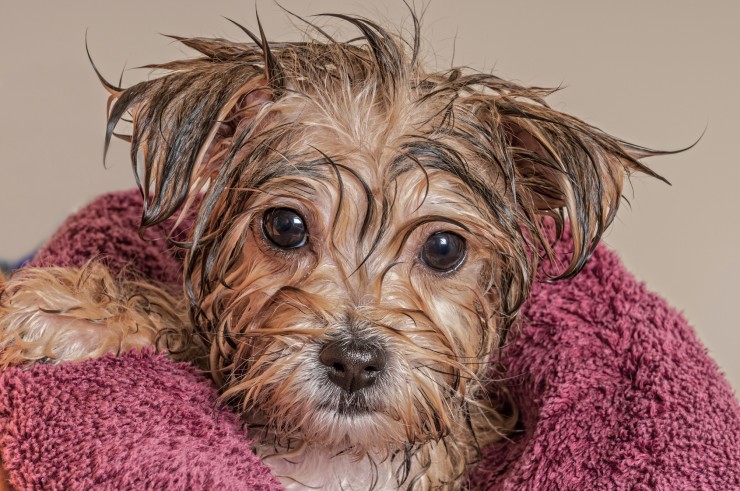
The Ears Have It ?br />
Our dogs depend upon us for all of their care. Some things are hard to forget. Your dog is not going to let you forget to feed him! If your dog抯 breath gets too bad you may think about brushing his teeth. And when you hear a clickety-clack on your floor you may be reminded to trim his nails. Hopefully you do these things regularly. But when it comes to your dog抯 ears he can develop a serious problem before you ever realize there抯 something amiss.
慐ar抯 the facts
There are several obvious signs of ear disease:
* A bad odor coming from your dog抯 ear(s)
* Scratching or rubbing the ears or head
* Discharge from the ears
* Redness or swelling of the ear flap or inside the ear canal
* Shaking the head or holding it to one side
* Painful ears
* Changes that go with these signs, such as depression or irritability
I hear you!
Unfortunately, ear disease, or otitis externa, is all too common in dogs. Veterinarians see if very frequently. It can occur for a number of reasons.
* Your dog may have food allergies
* Your dog may have ear mites (tiny, almost microscopic pests)
* Your dog can have a bacterial or yeast infection
* Your dog can have something stuck in his ear, such as grass seed
* Your dog may have experienced trauma to his ear ?this can occur when he scratches and rubs his head too much
* Hypothyroidism can result in ear infections
There are other reasons why your dog can develop ear problems. Flop-eared dogs are said to be more inclined to ear infections than prick-eared dogs. This is because their flop ears cut off some of the air flow to the ear canal that keeps the ears dry. When ears are moist and dark they are more likely to encourage the growth of bacterial and yeast infections.
Can you hear me now?
Ear infections and other ear problems can make your dog miserable. Regular cleaning is the single best thing you can do to prevent your dog from developing ear problems.
Cleaning your dog抯 ears isn抰 difficult. You should clean your dog抯 healthy ears about once a week. You can obtain a good ear cleaner from your vet or from a source that sells good dog products. Ear cleaners should not sting your dog抯 ears so check the ingredients. You should fill your dog抯 ears with the cleaner and massage the base of the ear for 20-30 seconds. This massage helps loosen the wax and debris inside the ear. You can wipe the ear out with a cotton ball. You may need to do this a couple of times until the cotton ball comes out clean.
Your dog抯 ears will remain cleaner and less likely to become infected if you keep the hair inside the ears clipped. This will allow more air to reach the inside of the ear and keep the ear canal drier.
If your dog has ear infections because of allergies you can try changing his food but you may have to identify what your dog is allergic to first. If you suspect that your dog is having ear problems because of hypothyroidism you should see a vet and let him diagnose the problem. The ear problems will clear up when your dog抯 hypothyroidism is properly treated.
If your dog is experiencing ear disease you should see your vet. Neglecting ear problems can lead to permanent loss of hearing.
Regular ear cleaning will prevent most ear problems. This is truly a case where an ounce (or less!) or prevention is worth a pound of cure.
 Yellow Headed Amazon
Yellow Headed Ama
Yellow Headed Amazon
Yellow Headed Ama
 10 Reasons Why You Should Own A Pet Rat
10 Reasons Why Yo
10 Reasons Why You Should Own A Pet Rat
10 Reasons Why Yo
 15 Top Tips For Dog Owners To Make Canine Care A Little Easier
15 Top Tips For D
15 Top Tips For Dog Owners To Make Canine Care A Little Easier
15 Top Tips For D
 Making A Bath Fun For Your Dog
Making A Bath Fun
Making A Bath Fun For Your Dog
Making A Bath Fun
 8 Good Reasons Why Adding Olive Oil To A Dogs Diet Works
8 Good Reasons Wh
8 Good Reasons Why Adding Olive Oil To A Dogs Diet Works
8 Good Reasons Wh
Copyright © 2005-2016 Pet Information All Rights Reserved
Contact us: www162date@outlook.com